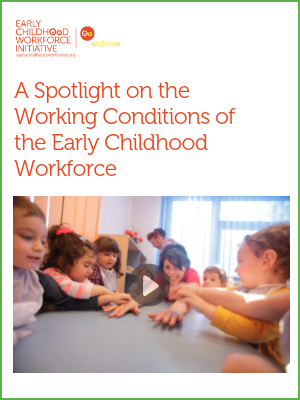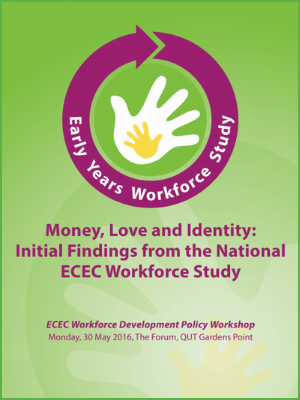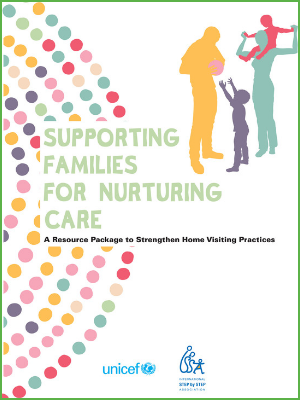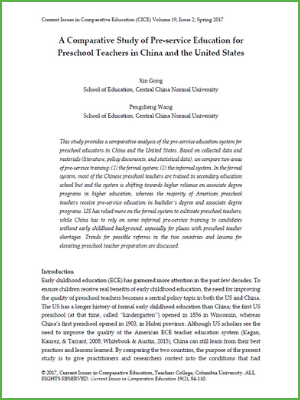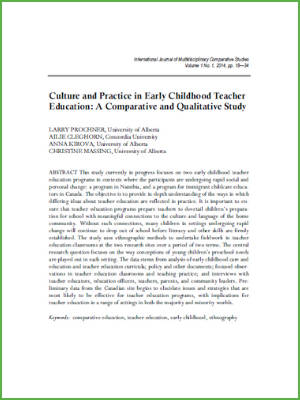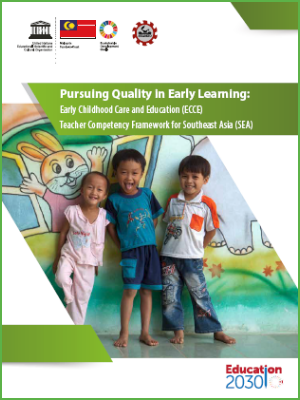WEBINAR | Challenges and opportunities in integrating early years services: a spotlight on the workforce

Adopting multi-sectoral approaches in the early years, which integrate parenting support, nutrition, health, social protection, child protection, and education, is widely recognised as the way forward to meet global challenges. Multifaceted problems require both multiple as well as aligned and well-coordinated interventions. Poverty, discrimination and increasing inequalities need to be addressed in an integrated manner in order to bring about qualitative and quantitative change.
So called ‘integrated services’ are seen as desirable for responding to the complex problems that characterise the realities of children and families. Therefore, the way early childhood systems are designed, governed and financed, and the way early childhood services are delivered can make a dramatic difference in children’s as well as in their families’ life. Yet, that there are many barriers to making integration work and that it may take different shapes depending on the context.
The objective of this webinar was to discuss the conditions for interagency work from the perspective of those in a position of leadership in the early year’s workforce.
To listen to this webinar recording, visit the YouTube link below. To access videos, reports and presentations related to this webinar visit the webinar page.
www.youtube.com

